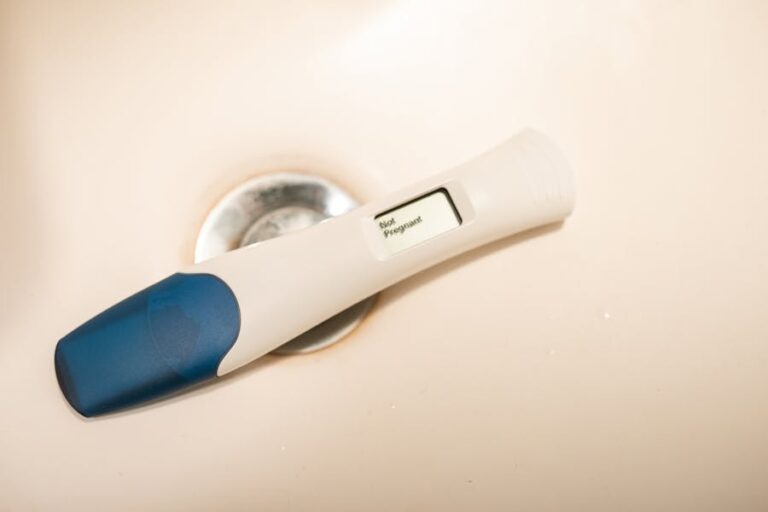Miscarriage remains one of the most challenging experiences for many women and their partners during early pregnancy. Statistics suggest that approximately 10% to 20% of known pregnancies end in miscarriage, and the vast majority occur within the first trimester, often before the pregnancy is even detected. Understanding the specific factors that can lead to miscarriage during these crucial early weeks is essential for expectant parents.
What causes a miscarriage in the first 8 weeks?
Several factors can contribute to miscarriage during the first eight weeks of pregnancy. The most common reasons include chromosomal abnormalities, maternal health issues, lifestyle factors, and environmental influences.
Chromosomal Abnormalities
Chromosomal abnormalities represent the leading cause of miscarriage, accounting for approximately 50-70% of early pregnancy losses. These occur when there is an issue with the number or structure of chromosomes in the embryo. Most often, these abnormalities are random events that happen when the sperm fertilizes the egg. Examples include:
- Trisomy: An extra chromosome, such as Down syndrome (Trisomy 21).
- Monosomy: A missing chromosome, which can lead to a condition like Turner syndrome.
Data on Chromosomal Abnormalities
| Type of Chromosomal Abnormality | Percentage of Miscarriages |
|---|---|
| Trisomy | 40% |
| Monosomy | 10% |
| Other | 10-20% |
Maternal Health Issues
Maternal health plays a significant role in the risk of miscarriage, especially in the first eight weeks. Several conditions can increase the risk:
- Hormonal imbalances: Conditions like polycystic ovary syndrome (PCOS) can lead to hormone irregularities that affect pregnancy support.
- Chronic diseases: Diabetes, hypertension, and thyroid disorders can complicate early pregnancy and are associated with higher miscarriage rates.
- Autoimmune disorders: Conditions such as lupus or antiphospholipid syndrome may cause the body’s immune system to attack the pregnancy.
Lifestyle Factors
Certain lifestyle choices can also elevate the risk of a miscarriage:
- Smoking: Women who smoke during pregnancy have a higher risk of miscarrying compared to non-smokers. The harmful substances in cigarettes can affect fetal development.
- Alcohol consumption: Consuming alcohol, especially in the early weeks, poses risks as it can interfere with fetal development.
- Obesity: Excess body weight has been linked to various complications in pregnancy, including miscarriage.
Environmental Influences
Exposure to certain environmental factors can increase the likelihood of miscarriage. These include:
- Toxic substances: Exposure to pesticides, heavy metals, or chemical solvents can have adverse effects during early pregnancy.
- Radiation: High levels of radiation exposure can increase the risk of miscarriage and birth defects.
Other Contributing Factors
Beyond these primary causes, several other factors may contribute to miscarriage during the initial weeks:
- Age: Women over 35 experience higher rates of miscarriage due to declining egg quality.
- Previous Miscarriage: Women with a history of miscarriage may have an increased risk of experiencing another.

Recognizing Early Warning Signs
While many miscarriages happen without warning, some signs may indicate a potential problem:
- Bleeding: Light spotting can be normal; however, heavy bleeding or passing clots may signal a miscarriage.
- Severe cramping: Intense abdominal pain or cramping, especially if accompanied by bleeding, should prompt immediate medical attention.
- Loss of pregnancy symptoms: A sudden loss of pregnancy symptoms, such as nausea or breast tenderness, can be concerning.
Importance of Prenatal Care
Establishing regular prenatal care is crucial for monitoring the health of both the mother and the fetus. Healthcare providers typically assess risk factors, conduct ultrasounds, and perform blood tests to ensure a healthy pregnancy. Early intervention can significantly reduce the risk of complications.
Support and Resources
Experiencing a miscarriage can be emotionally devastating. Support networks such as counseling services, support groups, and online forums can provide comfort and understanding. It is important for parents to process their feelings and seek help if needed.
Conclusion
Understanding the factors that can cause a miscarriage during the first eight weeks of pregnancy enables expectant parents to make informed decisions about their health and wellbeing. While some causes, like chromosomal abnormalities, are beyond individual control, others hinge on lifestyle choices and maternal health. Open communication with healthcare providers and prioritizing prenatal care can mitigate risks and lead to healthier pregnancies.
Awareness and education about the risk factors surrounding early pregnancy loss can empower couples and help them navigate potential challenges. If you are pregnant or planning to conceive, considering these factors can contribute to a more informed and healthier pregnancy experience.
